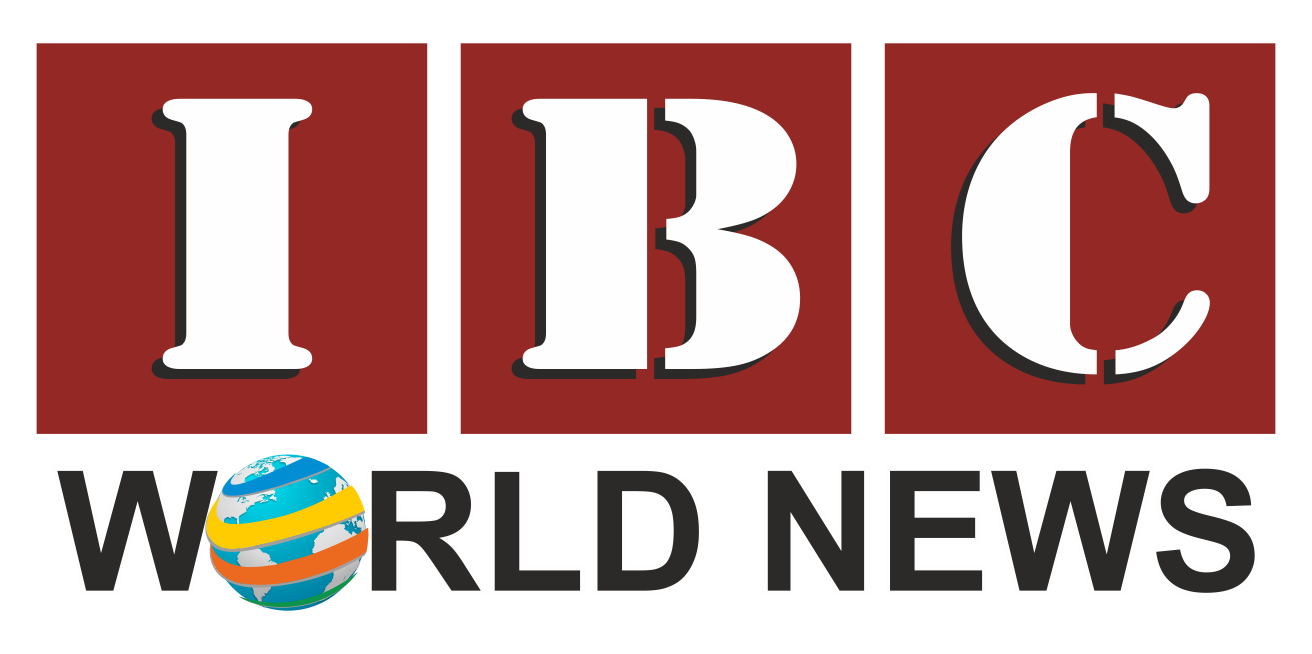Norwegians cast their votes Monday in closely contested parliamentary elections, with the ruling Labour Party narrowly favored to retain power
OSLO
Norwegians headed to the polls on Monday for the final day of their parliamentary elections, with the ruling Labour Party narrowly positioned to retain power amid domestic and global challenges. Rising living costs, inflation, taxes, and public service quality dominated the campaign, alongside international concerns including the wars in Ukraine and Gaza, and U.S. foreign and trade policies.
Recent opinion polls suggest Labour and its left-wing allies could secure 88 seats, just above the 85-seat majority threshold, down from 100 seats in 2021. The right-wing bloc—including the centre-right Conservatives and the populist Progress Party—appears set to capture the remaining 81 seats, though outcomes may hinge on smaller parties’ performances.
Prime Minister Jonas Gahr Støre’s campaign gained momentum after appointing former NATO chief Jens Stoltenberg as finance minister, a move widely credited with strengthening Labour’s position. Analysts caution, however, that Labour may need to rely on the Red Party and Greens to govern, forming a “tutti frutti” coalition that could push for higher taxes on wealth, tougher oil and gas restrictions, and increased spending from Norway’s $2 trillion sovereign wealth fund.
Voter priorities varied: some sought stability amid global uncertainty, while others focused on taxes and economic incentives. With nine parties expected to win seats and exit polls due immediately after voting closed at 1900 GMT, final results will be announced early Tuesday, determining whether Labour can navigate the narrow path to another term or if Norway shifts toward a right-leaning government.
The outcome carries implications for Norway’s domestic policies, energy exports to Europe, and broader geopolitical positioning in a turbulent international landscape.



